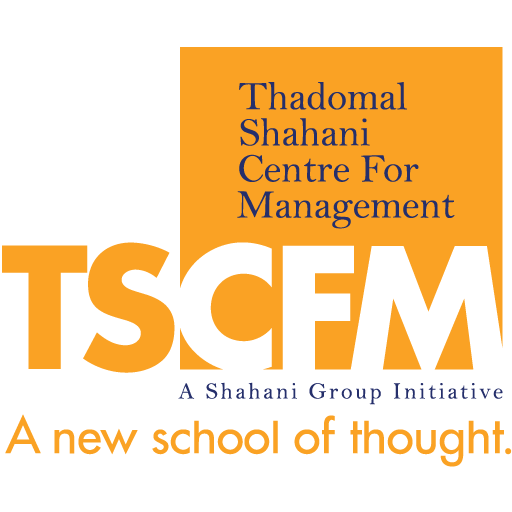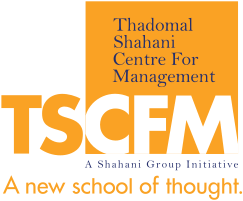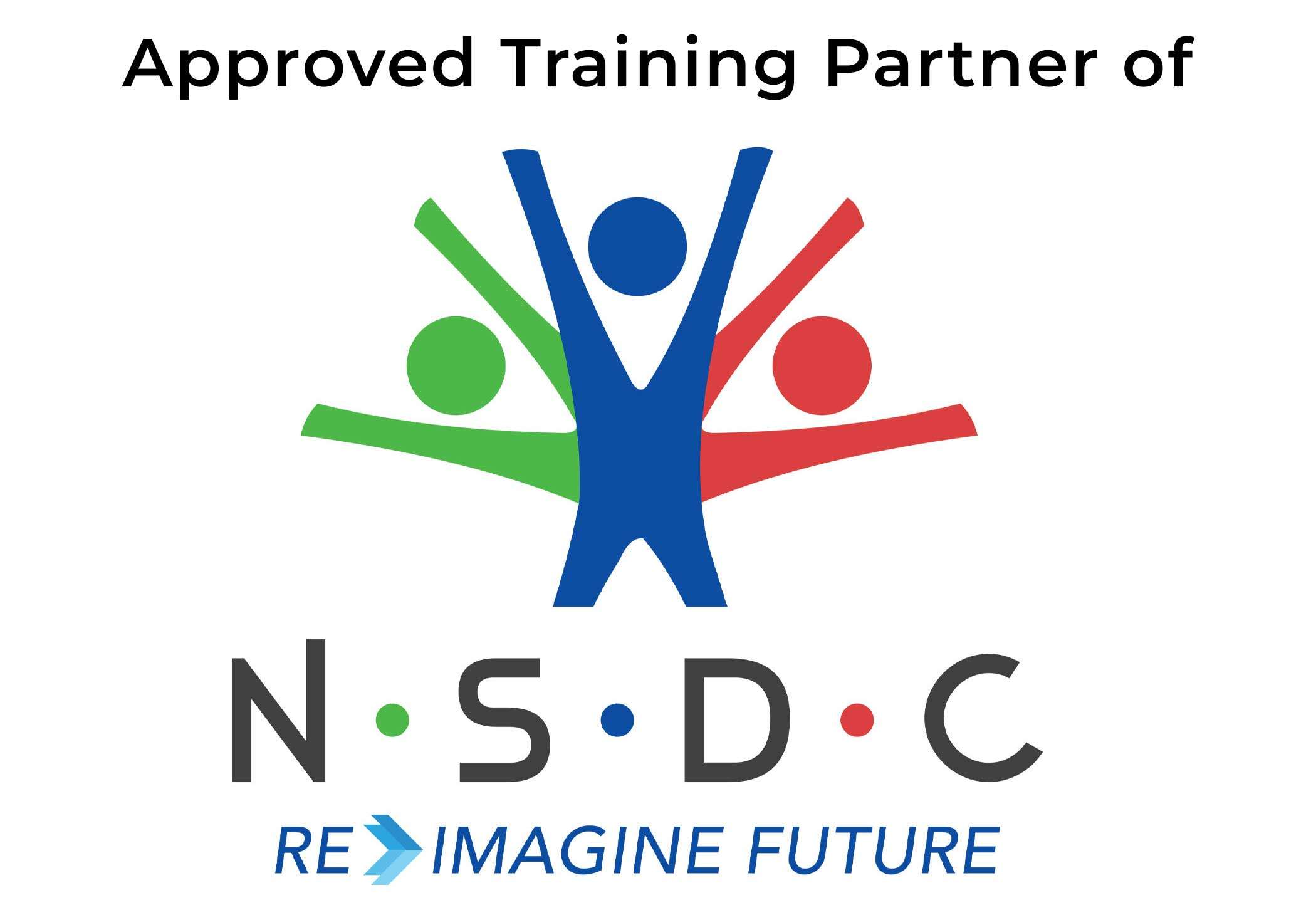Share
How to Start a Successful Banking Career After Graduation?

Introduction
The Importance of the Banking Sector
Banking is a key part of our economy, helping people and businesses with their financial needs. It manages transactions, investments, and loans, which are crucial for economic growth. Banking acts as a financial backbone, keeping things running smoothly.
As technology and regulations change, the banking sector evolves, offering a variety of job opportunities. This makes it an attractive field for many graduates with different interests and skills.
Why Choose a Career in Banking?
A career in banking is often seen as stable and rewarding. The sector is growing, and there is a constant need for financial expertise. This makes banking a solid choice for long-term career prospects.
Banking jobs come with competitive salaries and chances for career growth. Plus, you’ll work with the latest financial technologies. These factors make banking a promising career path.
Read More Information: Benefits of Studying Banking and Finance
This article will help you understand how to start your banking career after graduation and guide you toward success in this exciting field.
1. Understanding the Banking Sector
– Exploring Banking Careers
The banking sector has many career options, each with its own focus. Key areas include retail banking, investment banking, corporate banking, and wealth management.
Retail banking involves working directly with customers, offering services like savings accounts, loans, and mortgages. Investment banking helps companies raise money by issuing stocks and bonds or through mergers and acquisitions.
Corporate banking deals with financial services for businesses, such as lending and managing cash. Wealth management focuses on providing personalized financial services to wealthy individuals.
– Skills Needed for Banking
To succeed in banking, certain skills are important. Analytical skills help you understand financial data and make decisions. Strong communication skills are needed to interact with clients and colleagues effectively.
Attention to detail is crucial for managing transactions accurately. A good understanding of financial regulations and market trends also helps in navigating the ever-changing banking landscape.
Gaining these skills through education and experience will improve your chances in the banking industry.
2. Educational Pathways
– Courses for a Banking Career
To start a career in banking, you need the right education. Various courses can help, such as diplomas, certificates, and specialized degrees in banking and finance.
One valuable course is in wealth management. These programs teach you how to manage investments and plan finances, which is important for roles in wealth management and advisory services. They equip you with the skills needed to handle client portfolios and make smart financial decisions.
– The Value of Certifications
Certifications can boost your qualifications and help you stand out. A notable certification is the Certified Wealth Manager (CWM) course offered by TSCFM.
The CWM course provides advanced knowledge in wealth management, including investment strategies and estate planning. Earning this certification shows your expertise and commitment, giving you an edge in the competitive job market.
3. The Role of Wealth Management in Banking
– What is wealth management?
Wealth management is a specialized area in banking that provides personalized financial services to wealthy clients. It involves managing their investments, planning their estates, and advising on taxes and retirement.
With the financial world becoming more complex, there is a growing demand for skilled wealth managers. These professionals help clients navigate financial markets and achieve their long-term financial goals.
– Skills and Knowledge Needed
To excel in wealth management, you need specific skills and knowledge. Strong analytical skills are essential for understanding market trends and investment opportunities. Good communication skills are needed to build and maintain client relationships.
You should also have a solid grasp of financial instruments, regulations, and tax issues. Staying updated on market developments and economic factors is important for making informed decisions.
– Career Opportunities
A career in wealth management offers many advancement opportunities. Roles include financial advisor, portfolio manager, and private banker. Each role involves different tasks but aims to provide excellent financial guidance to clients.
As the sector grows, so do the opportunities for those with the right skills and certifications. With the right education and experience, you can build a successful career helping clients achieve their financial goals.
Read More Information: All About Wealth Management Course
4. Steps to Kickstart Your Banking Career
– Getting Started in Banking
Starting a banking career after graduation involves a few key steps. First, decide which area of banking interests you most, such as retail banking, investment banking, or wealth management. Then, research the qualifications and skills needed for that path.
Next, pursue relevant courses and certifications. Specialized banking courses or certifications like the Certified Wealth Manager (CWM) can make your resume stand out.
– The Importance of Internships and Networking
Internships are crucial for gaining practical experience and understanding how the banking industry works. They also help you apply what you’ve learned in a real-world setting.
Networking is equally important. Attend industry events, connect with professionals on LinkedIn, and seek out mentors. Building relationships with industry experts can lead to job opportunities and valuable career advice.
Building a network is equally important. Visit industry events, build professional connections on LinkedIn with people, and search for mentors. Developing relationships with professionals in the industry can result in hiring opportunities and helpful career advice.
– Crafting Your Resume
A standout resume is key to landing a banking job. Highlight your relevant coursework, certifications, and any internships or projects related to banking. Tailor your resume to emphasize skills and experiences that match the job you’re applying for.
Include specific achievements and examples to show your abilities and accomplishments. A well-crafted resume can make a big difference in catching the attention of potential employers.
Conclusion
Recap of Key Points
Starting a career in banking involves understanding different career paths, obtaining the right education, and gaining practical experience. Focusing on areas like retail banking, investment banking, and wealth management helps you find the right fit for your skills and interests.
Educational programs and certifications, such as the Certified Wealth Manager (CWM), are important for preparing for a successful career. Internships and networking further enhance your prospects, offering practical experience and industry connections.
TSCFM’s CWM Course
For those interested in wealth management, TSCFM’s Certified Wealth Manager course is an excellent choice. It provides advanced knowledge and skills needed for a successful career in wealth management.
By enrolling in TSCFM’s CWM course, you’ll gain valuable expertise and a competitive edge in the banking industry.
Want a Successful Career?
Fill up this form for a free career psychometric test & a 30 min career guidance session with our advisor.
Categories
- Global MBA
- Business Management Program
- Banking and Finance
- Digital Marketing
- MBA for Working Professionals
- Business English
- Career Advice






